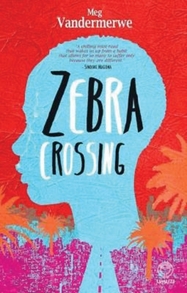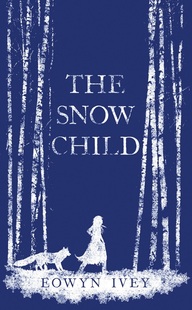It’s some years now since I had any interest in holidaying abroad – or venturing on holiday at all, if I’m entirely honest – and my last trip outside Europe could well be part of the reason. This was a fascinating botanical tour of Madagascar but, because we were focused on the flora, our interactions with the local people were somewhat limited and often unsettling to my woolly-liberal constitution. I wrote about this in my post On Memory and Imagination on the publication of my short story, Silver Bangles, a fictionalised account of an incident on that trip that brought the disparities in wealth between the locals and the tourists into sharp relief. A similar encounter provided the material (if that doesn’t sound too disrespectful) for my water-themed flash. But a third uncomfortable event from that holiday – in which I dithered about donating my sunscreen lotion to a family with albinism seen from the comfort of our bus in a remote village – hasn’t yet made it into my fiction.

Originally published in South Africa and now available in North America, Great Britain and Australia via Oneworld Publications (who provided my review copy), this is a compassionate account of what it might feel like to be on the receiving end of people’s hatred of difference. However, I found my empathy diluted by the uneven pace, lingering too long on the period of relative stability, with Dr Ongani not making an appearance until two-thirds of the way through. Nevertheless, Chipo has got inside me enough to attempt my own version of her story. As I’ve done once before, my 99-word flash this week is part fanfiction; the prompt, this time, is to show a character confronting something worse than death:
Mama warned me not to walk in the forest. The medicine man would catch me, she said. But, with Mama dead, how else could I get the wood to cook my food?
Now the doctor says I’m special, so special the people travel miles to swap a goat for a lock of my pure-white hair. An ox for a finger. A bicycle for my beating heart.

Based on an actual fairytale, The Snow Child straddles reality and fantasy and, for me, gets the balance just right. The pleasures and strains of a mature marriage; the harshness and beauty of the landscape; the compromises of friendship and the fears of confinement and loneliness driving one mad serve to anchor the story in the real world. The lyrical language; the mystery surrounding Faina’s origins and how she survives alone in the bitter cold; subtle changes to the prose such as the absence of quotation marks around direct speech in the scenes in which Faina appears all create the impression of an enchanted world.
Like all fairy stories, this one can be appreciated at different levels, the reader co-creating her own story (as Mabel does with her copy of the Russian fairytale) in conjunction with the text. What I read was a beautiful tale of love and yearning, and the challenges and risks in attempting to tame the wild things, both in terms of landscape and the creatures that inhabit it.
The Snow Child is a much-deserved Pulitzer Prize finalist. Thanks to Headline Review for providing me with a copy. If you enjoy magical realism, I can highly recommend The Woman Who Had No Shadow by Paula Reed Nancarrow and Ivy Dreams by Teagan Kearney, short stories you can read for free on their blogs.





















 RSS Feed
RSS Feed





















